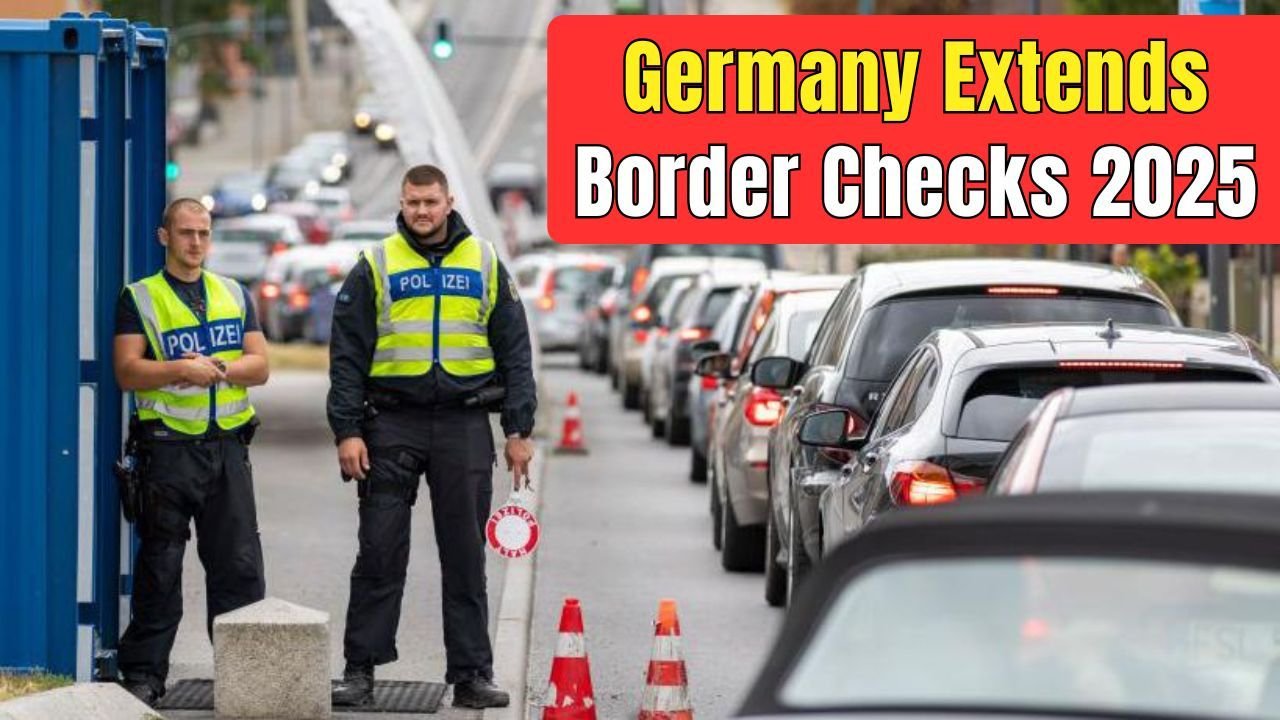In early 2025, Germany announced the extension of border checks at all its land borders for an additional six months. This decision, initially implemented in September 2024, aims to address concerns over irregular migration and internal security. The continuation of these measures has significant ramifications for immigrants, tourists, and businesses operating within and around Germany.
Background of the Border Checks
The reintroduction of border controls began on September 16, 2024, encompassing Germany’s frontiers with France, Luxembourg, the Netherlands, Belgium, and Denmark. This move expanded existing checks at borders with Poland, the Czech Republic, Austria, and Switzerland.
The primary objectives were to curb irregular migration and enhance internal security, especially in light of recent incidents involving asylum seekers. Chancellor Olaf Scholz defended the policy, citing a reduction in asylum applications and illegal crossings as evidence of its effectiveness.
Impact on Immigrants
For immigrants, particularly asylum seekers, the extended border checks signify stricter entry protocols. Since the inception of these controls, Germany has denied entry to approximately 47,000 individuals lacking valid documentation.
The government has also detained asylum seekers at the borders to ascertain Germany’s responsibility for processing their applications, utilizing tools like the Eurodac fingerprint database. These measures have led to a one-third reduction in asylum requests, indicating a more rigorous screening process.
Effects on Tourists
Tourists entering Germany may experience increased scrutiny and potential delays due to the reinstated border checks. While the Schengen Area traditionally allows passport-free travel across member countries, the temporary controls necessitate that travelers carry appropriate identification and travel documents.
Although the German Federal Police aim to conduct checks flexibly to minimize disruptions, travelers should anticipate possible spot checks and plan accordingly to accommodate any delays.
Consequences for Businesses
Businesses, especially those reliant on cross-border trade and logistics, face challenges stemming from the border controls. The reintroduction of checks has the potential to disrupt supply chains, leading to delays in the movement of goods.
Companies may need to adjust their logistics strategies, allocate additional time for transportation, and navigate increased administrative requirements. These operational changes could result in higher costs and affect the efficiency of business operations.
Political and EU Relations Implications
The extension of border controls has sparked political debates within Germany and among its neighboring countries. Critics argue that the measures undermine the Schengen Agreement’s principle of free movement and may strain diplomatic relations within the European Union.
The policy has also become a focal point in domestic politics, with opposition parties proposing even stricter measures, such as permanent border controls and expedited deportations, in response to public concerns over security and migration.
Conclusion
Germany’s decision to prolong border checks reflects a complex interplay of security concerns, migration management, and political dynamics. While the measures aim to enhance internal security and control irregular migration, they also pose challenges for immigrants, tourists, and businesses. As the situation evolves, it remains crucial for stakeholders to stay informed and adapt to the changing landscape of border policies within the European Union.

